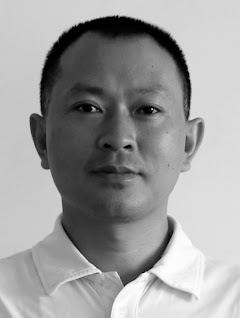Beat
I often cover humanitarian subjects and stories about the environment.
One Shot

“I have visited and taken pictures of the young gymnasts at this school from time to time over many years. This shot impressed me the most, and it won me a second prize in the World Press Photo contest this year.”
Profile
I couldn’t help but buy myself a camera when, as a text reporter for the army, I covered the catastrophic floods that caused havoc in China in the summer of 1998. I found that photography was a really powerful tool in reporting disaster.
In 2003 I was working for the Quanzhou Evening News, and I got the chance to travel with former Chinese premier Zhu Rongji’s delegation as he visited Fujian. I took a picture of him smiling as he played the Erhu, a traditional Chinese instrument, and an officer from the propaganda department advised me not to publish it. I liked the photo too much to listen to him. The picture caused a big reaction online in China, and I was fired by the newspaper because of its popularity and my disobedience.
I was excited by a feature story I shot at a big shark-meat processing base in Puqi, eastern China. The scene I found inside the factory was shockingly brutal and after managing to take some pictures, I was chased out of town by a local gang member. Even after I finished the assignment, I could still feel the fear under my skin.
My biggest lesson has been that to make a good picture you have to be yourself, rather than just follow what others do.
I would like to carry on taking pictures that help people see the world more clearly. And I hope that my photos make people stop and think, and give them some cause for introspection.
